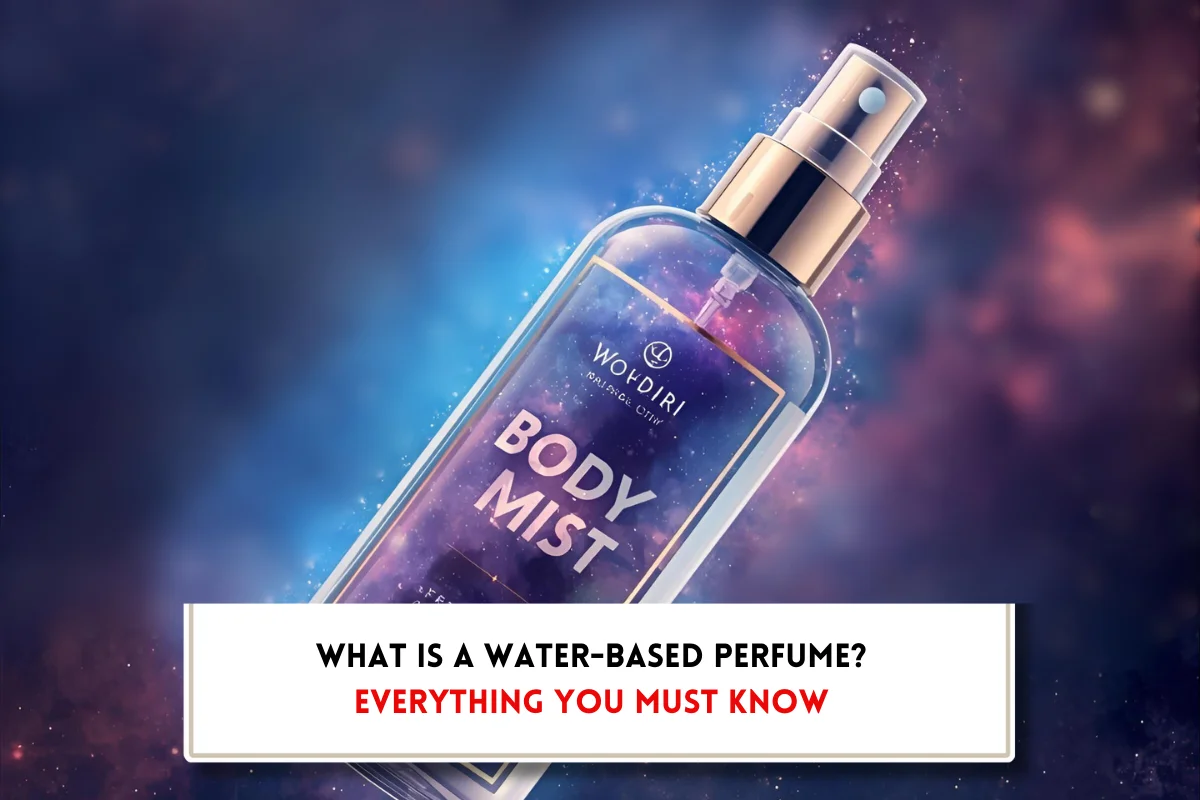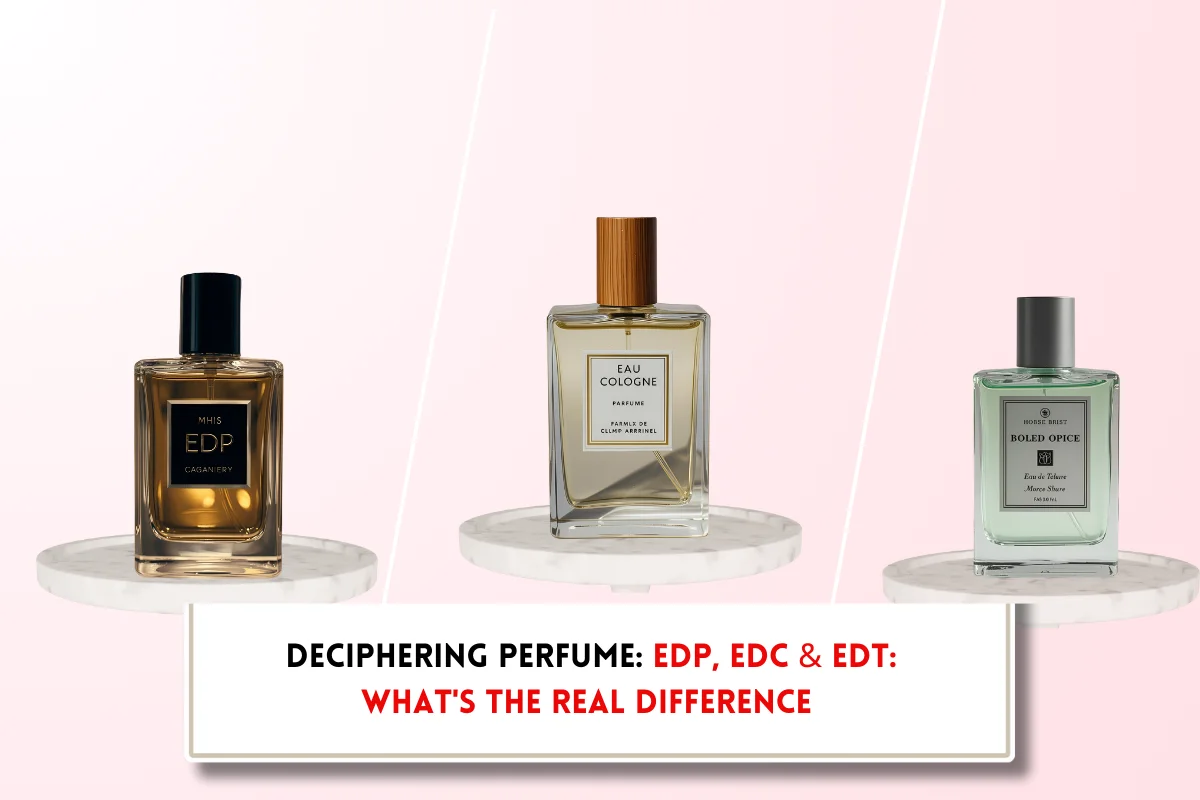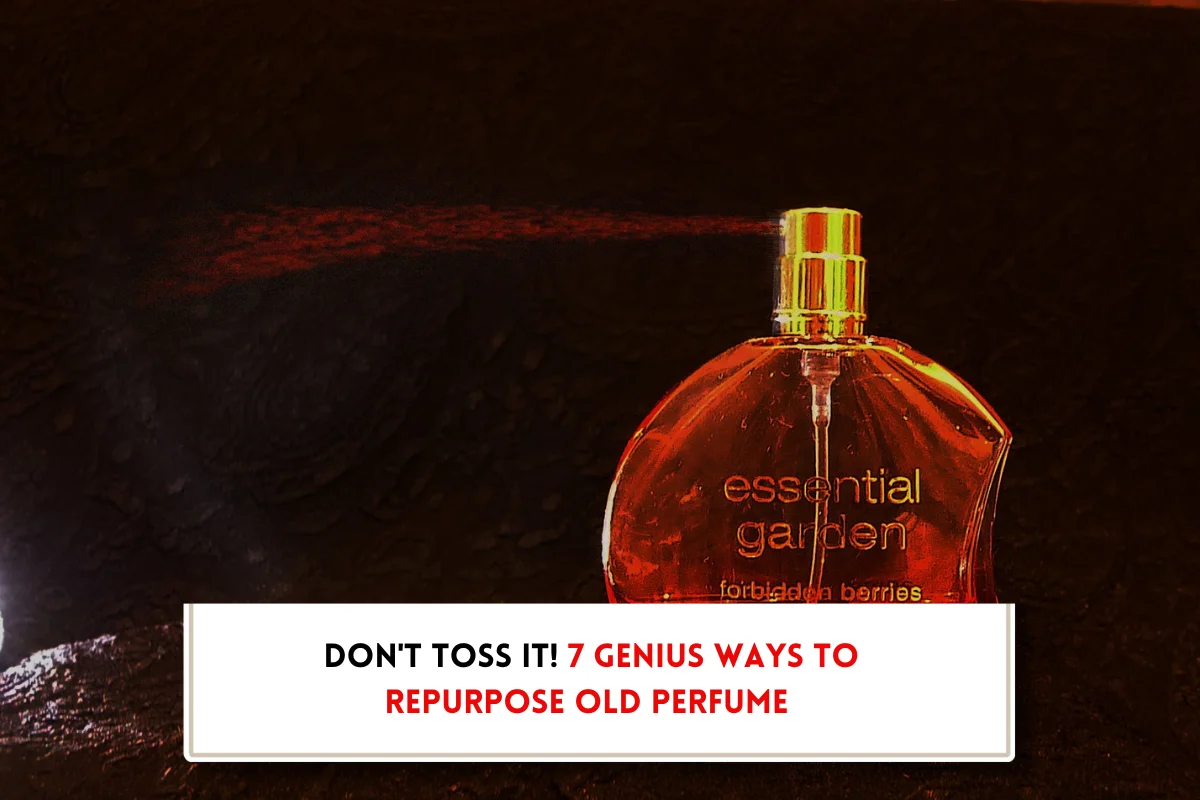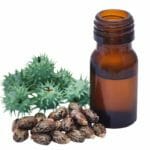Should you exfoliate your face before or after cleansing?
At BeautyCaters, our expert team independently curates every recommended product. Purchases through our links may earn us a commission. Explore our transparent selection process.
Let’s tackle a common skincare dilemma that’s sparked countless debates among beauty enthusiasts: Should you exfoliate your face before or after cleansing? While exfoliating and cleansing are essential for glowing, healthy skin; their order impact how well your products work and how your skin feels. Beautycaters.com is all set to break down the confusion and tell you the right skincare routine.

What is cleansing?
Cleansing is the cornerstone of any effective skincare regimen. Designed to remove impurities without disrupting your skin’s natural balance, gently wash off dirt, oil, and makeup, leaving your skin refreshed and prepared for subsequent treatments. Unlike harsh soaps that can strip away natural oils, facial cleansers are specially formulated to be gentle on your skin while effectively cleansing pores.
Many cleansers are effective at removing makeup, making them a convenient part of your nighttime routine. Some cleansers are also hydrating, helping to maintain your skin’s moisture barrier.
With an gentle, effective cleanser into your daily routine, you can lay the foundation for healthier, more radiant skin.
How does cleansing benefit you?
The simple yet powerful practice of cleansing offers numerous benefits for your skin:
- Removes impurities: Cleansing helps eliminate dirt, oil, and dead skin cells that can clog pores and lead to breakouts.
- Prevents acne: By keeping pores clean, cleansing can help reduce the risk of acne and other skin problems.
- Improves skin texture: Regular cleansing can help improve your skin’s texture, making it smoother and more radiant.
- Enhances product absorption: A clean face allows skincare products to penetrate deeper into the skin, maximizing their effectiveness.
- Boosts skin health: Cleansing helps maintain a healthy pH balance, which is crucial for optimal skin function.
To reap the full benefits of cleansing, choose a cleanser that suits your skin type. Look for gentle, non-irritating formulas that are free of harsh chemicals.
What is exfoliation?
As skin cells naturally renew themselves, dead cells can accumulate on the surface of your skin. This buildup can lead to a dull, rough appearance and can clog pores, contributing to acne and other skin issues. Exfoliation is a skincare technique that helps to remove these dead cells from the surface of your skin. This process helps in better product absorption, reveal a brighter, smoother complexion, and can improve the overall health of your skin.
Exfoliation helps to remove these dead cells, allowing for better product absorption and a more radiant complexion.
There are two main types of exfoliation: physical and chemical.
- Physical exfoliation involves using a scrub or exfoliating brush to physically remove dead skin cells.
- Chemical exfoliation uses acids to dissolve the bonds between dead skin cells, gently removing them from the surface of the skin.
While exfoliation is beneficial, it’s important to avoid over-exfoliating, as this can irritate the skin. The frequency of exfoliation depend on your skin type and the type of exfoliant used.
Also Read: Are cleansing brushes good for your face?
How does exfoliation benefit you?

Exfoliation is a valuable skincare practice that offers several benefits for your skin:
- Improved skin texture: By removing dead skin cells, exfoliation can help smooth your skin’s texture, making it feel softer and more supple.
- Enhanced product absorption: Exfoliating can help skincare products like serums, moisturizers, and treatments penetrate deeper into the skin, increasing their effectiveness.
- Brighter complexion: Regular exfoliation can help reveal a brighter, more radiant complexion by removing dull, dead skin cells.
- Reduced appearance of fine lines and wrinkles: Exfoliation can help minimize the appearance of fine lines and wrinkles by promoting cell turnover.
- Minimized breakouts: By unclogging pores, exfoliation can help prevent acne and other skin problems.
Should you cleanse or scrub first?
The age-old question of whether to cleanse or exfoliate first often sparks lively discussions among skincare enthusiasts. While both practices are essential for maintaining healthy, radiant skin, the optimal order can vary depending on your skin type and specific needs.
Cleansing first: A gentle approach
Cleansing your face before exfoliating offers several benefits:
- Removes surface-level impurities: By removing dirt, oil, and makeup, cleansing creates a clean canvas for your exfoliator to work effectively.
- Prepares the skin for exfoliation: A clean face allows the exfoliating agent to penetrate deeper into the pores, removing dead skin cells more efficiently.
- Minimizes irritation: For those with sensitive skin, cleansing first can help reduce the risk of irritation caused by direct exfoliation.
Exfoliating first: A deep cleanse
Exfoliating before cleansing can also be an effective approach:
- Removes dead skin cells: By removing the outermost layer of dead skin cells, exfoliation allows the cleanser to penetrate deeper into the pores, providing a more thorough cleanse.
- Enhances product absorption: A smoother skin surface can improve the absorption of your moisturizer and other skincare products.
- Prepares the skin for better product penetration: Exfoliation can help unclog pores, allowing your skincare products to work more effectively.
Key Considerations:
- Skin type: If you have sensitive skin, it’s generally recommended to cleanse first to avoid irritation. For those with oily or acne-prone skin, exfoliating first can help remove excess oil and unclog pores.
- Exfoliant type: Physical exfoliants (scrubs) may be more effective after cleansing to prevent unnecessary friction. Chemical exfoliants can be used either before or after cleansing.
- Personal preference: Ultimately, the best approach is the one that works best for your skin. Experiment with both methods to determine your preferred routine.
Why cleanse before exfoliation?
Cleansing your face before exfoliating is a fundamental step in any effective skincare routine. The removal of dirt, oil, makeup, and other impurities creates a clean canvas for your exfoliant to work its magic. This ensures that the exfoliating agent penetrate deeper into the pores, removing dead skin cells more efficiently. Here are the 4 befits of cleansing first:
- Removes surface-level impurities: Cleansing helps remove dirt, oil, makeup, and other debris from your skin’s surface, creating a clean canvas for exfoliation.
- Prepares skin for exfoliation: A clean face allows the exfoliating agent to penetrate deeper into the pores, removing dead skin cells more effectively.
- Reduces risk of irritation: Cleansing first can help minimize the risk of irritation, especially for those with sensitive skin.
- Maintains pH balance: Cleansers help maintain your skin’s natural pH balance, keeping it healthy and hydrated.
Benefits of exfoliation before cleansing
Exfoliating before cleansing offers a unique approach to skincare, providing several advantages:
- Enhanced cleansing: By removing the outermost layer of dead skin cells, exfoliation allows your cleanser to penetrate deeper into the pores, effectively removing dirt, oil, and other impurities. This can lead to a more thorough cleanse and a clearer complexion.
- Improved product absorption: Exfoliation helps to smooth the skin’s surface, allowing your serums, moisturizers, and other skincare products to absorb more effectively. This can enhance the overall efficacy of your skincare routine.
- Brighter, more radiant skin: Regular exfoliation helps to remove dull, dead skin cells, revealing a brighter, more radiant complexion. It can also help to minimize the appearance of fine lines and wrinkles.
- Reduced congestion: Exfoliation can help unclog pores, reducing the likelihood of breakouts and blackheads. This is particularly beneficial for those with oily or acne-prone skin.
Final Word: Should you exfoliate your face before or after cleansing?

The general consensus is that exfoliating before cleansing is the most effective approach. Removal of dead skin cells first, you allow your cleanser to penetrate deeper, ensuring a thorough cleanse. However, if you have sensitive skin, exfoliating after cleansing might be a gentler option.
Ultimately, the best approach depends on your skin type and individual needs. Listen to your skin, experiment with different techniques, and find what works best for you. Remember, a consistent skincare routine is key to achieving healthy, glowing skin.










